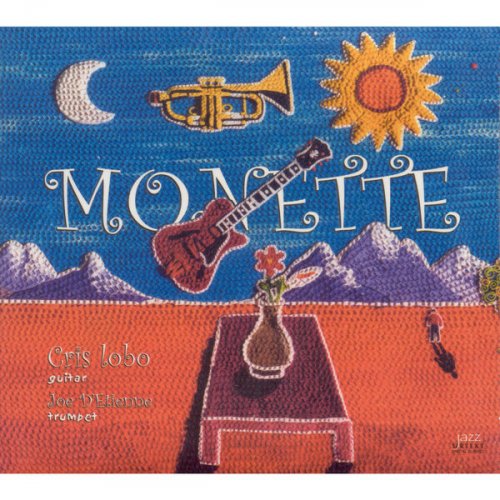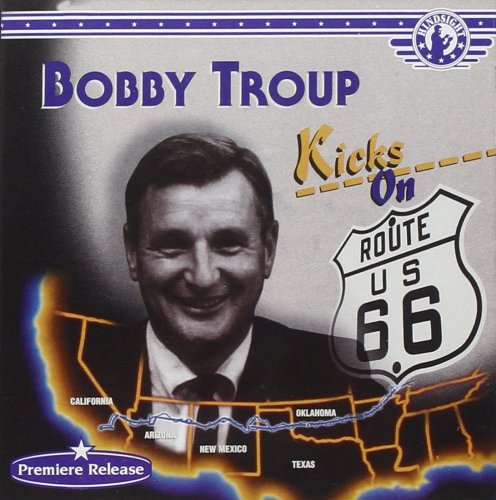Berliner Philharmoniker, Lorin Maazel - Berlioz: Harold in Italy, The Roman Carnival (1985)
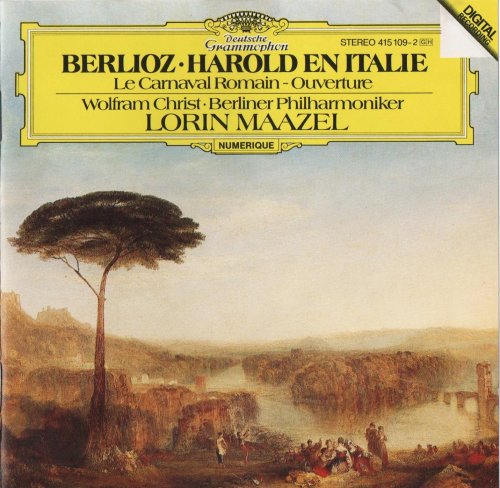
Artist: Berliner Philharmoniker, Lorin Maazel
Title: Berlioz: Harold in Italy, The Roman Carnival
Year Of Release: 1985
Label: Deutsche Grammophon
Genre: Classical
Quality: FLAC (image+.cue,log,scans)
Total Time: 50:23
Total Size: 228 Mb
WebSite: Album Preview
Tracklist: Title: Berlioz: Harold in Italy, The Roman Carnival
Year Of Release: 1985
Label: Deutsche Grammophon
Genre: Classical
Quality: FLAC (image+.cue,log,scans)
Total Time: 50:23
Total Size: 228 Mb
WebSite: Album Preview
Hector Berlioz (1803-1869)
Harold en Italie - Symphonie en quatre parties avec alto principal, op.16
1. Harold aux montagnes (Adagio - Allegro) 15:47
2. Marche des Pèlerins (Allegretto) 7:27
3. Sérénade (Allegro assai - Allegretto) 6:28
4. Orgie de brigands (Allegro frenetico - Adagio - Allegro, Tempo I) 12:13
5. Le Carnaval Romain - Ouverture caractéristique, op.9
Performers:
Wolfram Christ - viola
Berliner Philharmoniker
Lorin Maazel - conductor
The recorded sound is lovely, the Berliners are in great form, and first-desk viola Wolfram Christ executes the solo part with remarkable clarity and beauty of tone, in no way suggesting the viola's droopy side. There haven't been many outstanding versions of Harold in Italy in the digital age, and although I wouldn't sacrifice the classic accounts by William Primrose, they are historical documents so far as quality of sound goes. The deciding factor here may be Maazel, a conductor whom it is always wise to view askance.
But going back to the Fifties, with this same Berlin Phil., he has been strong in Berlioz, and his weirder tendencies are suppressed here. I don't hear the over refinement that is complained about - the orchestral part is played vigorously and directly. This is one of Berlioz's moodiest scores, reflecting the moodiness of Byron's poetic wandering hero, and there's room for thoughtful musing in the long first movement, handled here with real sensitivity. the recording engineers, as its common when miking a naturally recessive instrument (viola, cello, guitar, harpsichord) inflate its sound, as here christ stands front and center; in other readings the viola blends into the orchestral sound, as it would in the concert hall.
But going back to the Fifties, with this same Berlin Phil., he has been strong in Berlioz, and his weirder tendencies are suppressed here. I don't hear the over refinement that is complained about - the orchestral part is played vigorously and directly. This is one of Berlioz's moodiest scores, reflecting the moodiness of Byron's poetic wandering hero, and there's room for thoughtful musing in the long first movement, handled here with real sensitivity. the recording engineers, as its common when miking a naturally recessive instrument (viola, cello, guitar, harpsichord) inflate its sound, as here christ stands front and center; in other readings the viola blends into the orchestral sound, as it would in the concert hall.
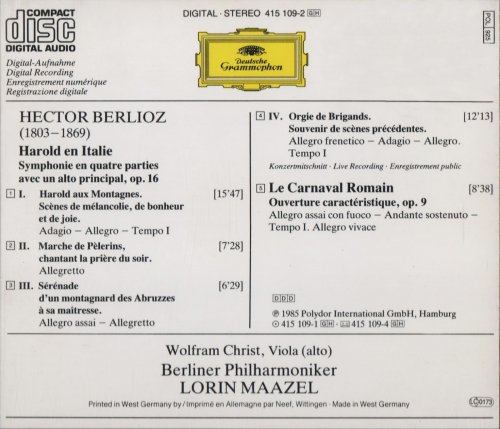

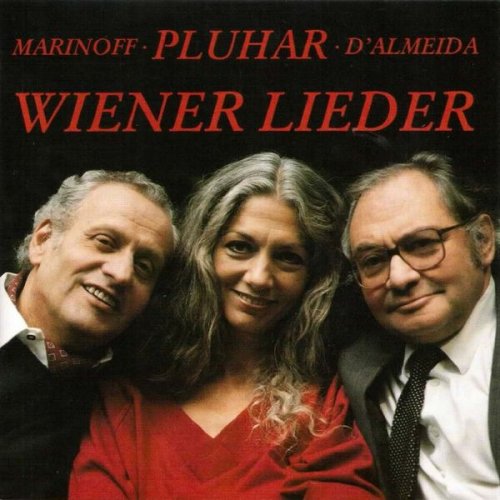

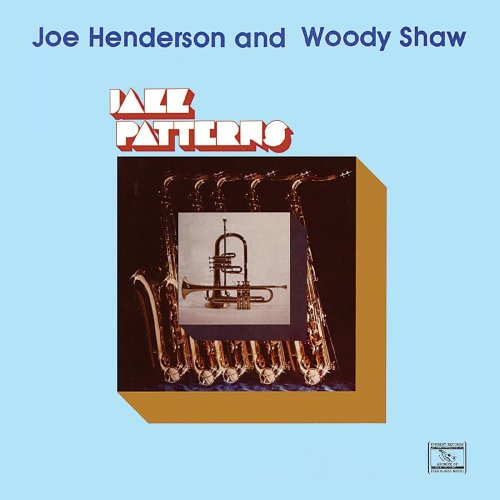
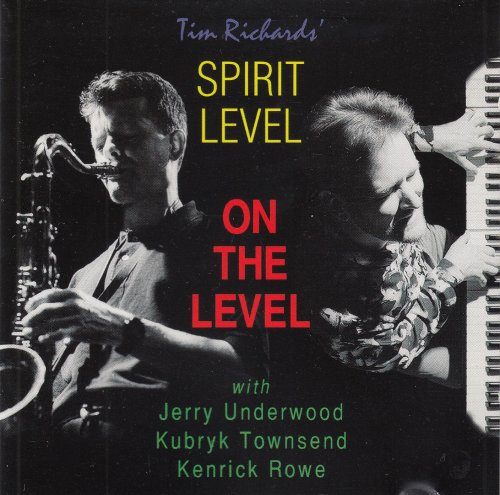
![The Mood Mosaic - Feelin' Funky! (2025) [Hi-Res] The Mood Mosaic - Feelin' Funky! (2025) [Hi-Res]](https://www.dibpic.com/uploads/posts/2025-12/1766822228_smv6og19mj83k_600.jpg)
